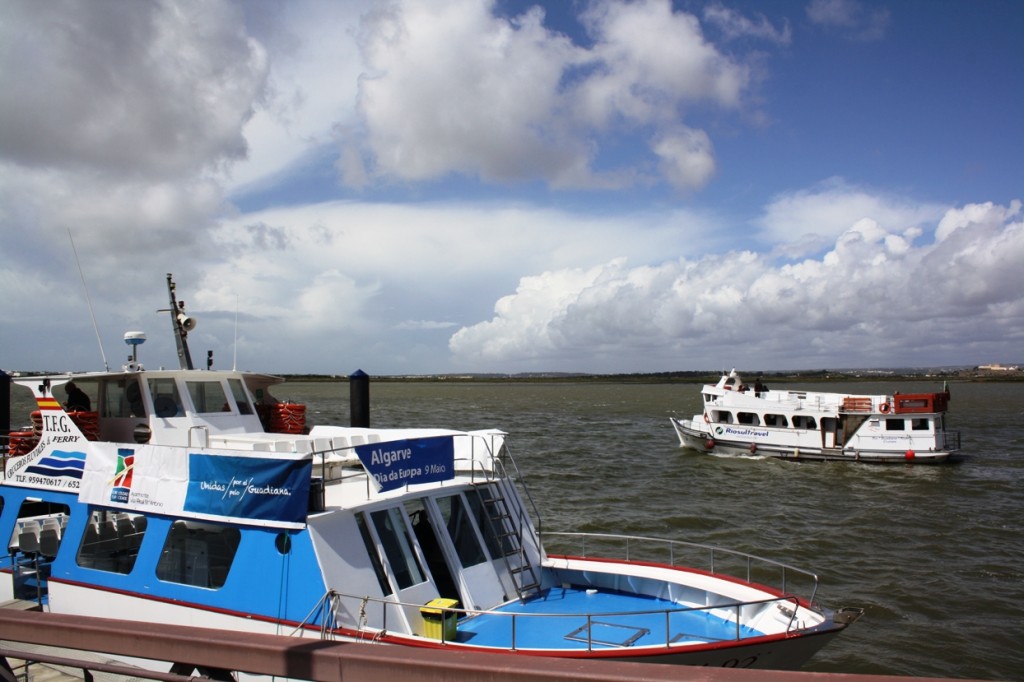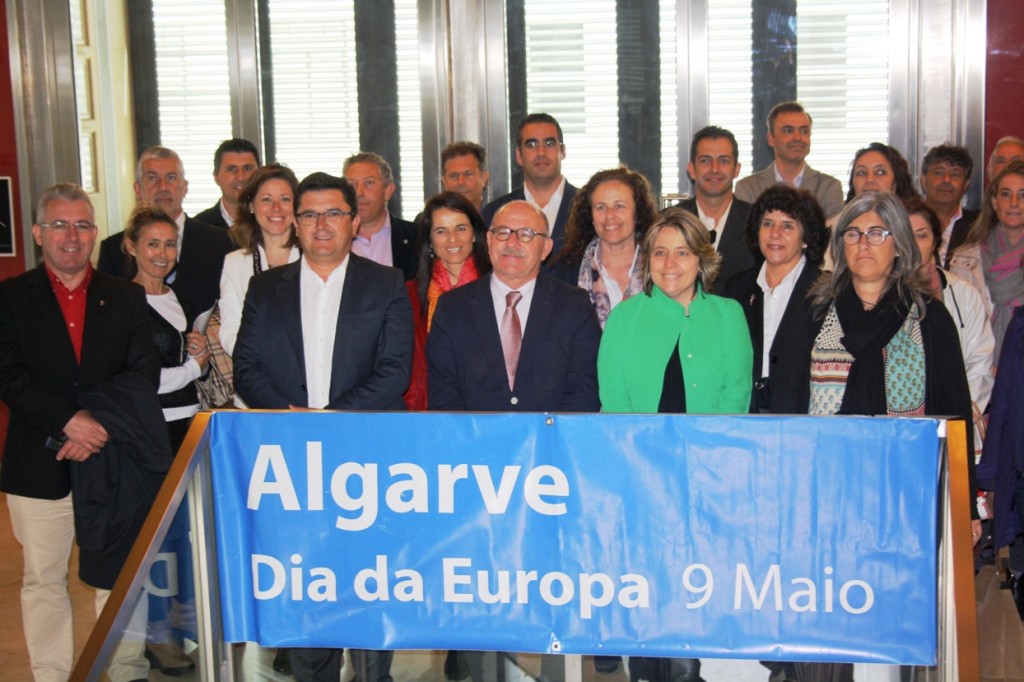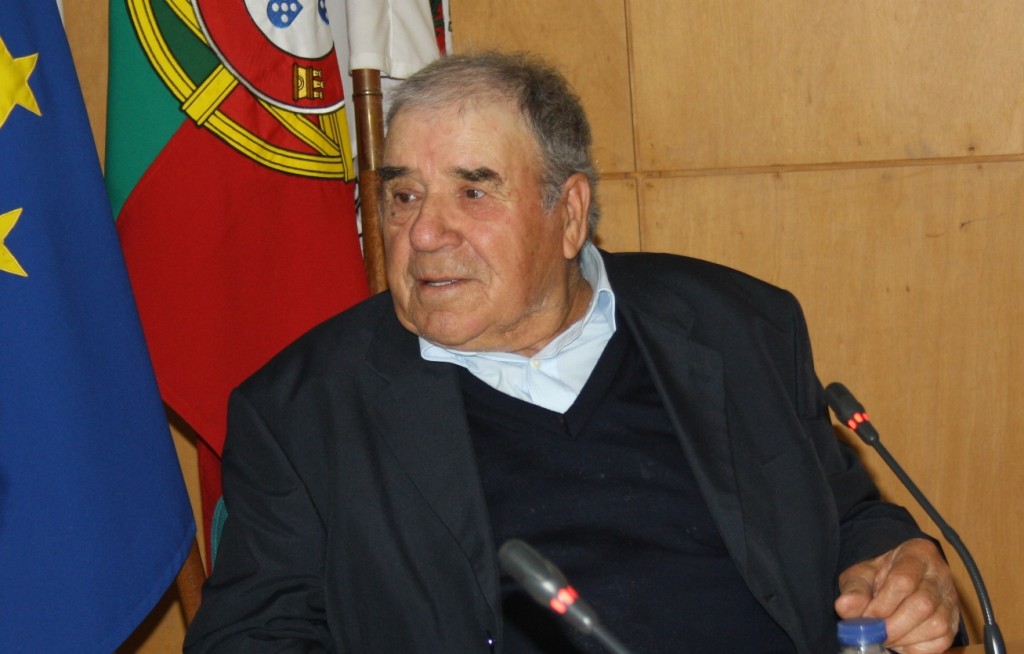 An application to guarantee the navigability of the Guadiana to Pomarão was presented by Portugal and Spain to the new generation of EU funds for cross-border cooperation and the response should arrive before the end of 2016.
An application to guarantee the navigability of the Guadiana to Pomarão was presented by Portugal and Spain to the new generation of EU funds for cross-border cooperation and the response should arrive before the end of 2016.
The announcement was made this Monday by the chairman of the Regional Coordination and Development Commission (CCDR) of the Algarve, David Santos, during the celebrations of Europe Day in the region, in which he took the opportunity to show the impact that integration into the European Union had on the Baixo Guadiana, since Portugal and Spain joined the community 30 years ago.
An initiative that focused heavily on cross-border cooperation, taking advantage of the existence of a Eurocity that joins Alcoutim, Castro Marim and Vila Real de Santo António to the Spanish Ayamonte. Over the course of the day, some of the co-financed works, structuring for the different municipalities, were shown, among which the Navigation of the Guadiana between the mouth and Alcoutim.
In this new phase of the programme, very oriented towards economic development, he revealed to the Sul Informação David Santos, «several applications have already been submitted» involving Portugal and Spain. Among them, the president of the CCDR of Algarve highlights the navigability of the Guadiana to Pomarão, which he believes could have a strong impact on the economy of this territory.
“The initial project was to go to Pomarão, but it was found that the funds available in the previous community support framework were not enough. Thus, the readjustment was carried out, we advanced with navigability to Alcoutim and, now, we have presented a new candidacy that foresees to guarantee that the vessels can reach Pomarão, through dredging and beacon of the channel, but also the creation of anchorages, where the boats have access to electricity and water», he revealed.
“This will be very important for the dynamism of the economy, as it will allow the creation of companies in the area of restaurants, services, overnight stays, the dynamization of cultural and historical heritage, as well as handicrafts”, he enumerated.
“The decision must be taken between October and November. The management unit is based in Madrid, we give our opinion. The candidacies that were presented exceed six times the allocation that came out in this notice, so some should be left out. We hope that this candidacy of Guadiana is successful», considered David Santos.

In addition to this first intervention on the Guadiana, «which was the first Expressway in this territory», in which, in addition to the beaconing of the navigation channel, dredging was carried out, there were many public works that transformed this area of the Eastern Algarve and southern Spain.
From the outset, an authentic revolution in terms of road networks and sanitation, but also public utility equipment such as libraries, sports infrastructure such as swimming pools and playing fields, business and industrial spaces, among many others.
Those who grew up in this territory remember well how things were, before Portugal joined the European Union. «When I studied in Faro, it took a whole day to reach Alcoutim. Today, it takes me less than an hour», recalled Alcoutenejo Francisco Amaral, who is the current president of the Chamber of Castro Marim.
The president of the Chamber of Alcoutim Osvaldo Gonçalves also highlighted the importance of European funds to improve the quality of life in his municipality. Without the structural funds, much of the public offering that exists in this inland municipality would hardly exist.
Part of these investments arrived via cross-border cooperation, since Interreg is an Operational Program that exclusively finances projects involving different regions of the EU.

And, since there was talk of cooperation between Portugal and Spain, he took the opportunity to present the book «Traditional smuggling on the Portuguese-Spanish border of Baixo Guadiana», session which featured the octagenarian António Melo, who, despite his 81 years old , keeps alive the memory of the times he dedicated himself to smuggling and also proved to be an excellent storyteller.
In addition to António Melo's memoirs, Rafael Cáceres, an anthropologist and university professor from Seville, who wrote one of the book's chapters, was given voice, as well as the professor at the University of Algarve António Covas.
The celebrations of Europe Day and Eurocity Day were an initiative organized by the Algarve Regional Coordination and Development Commission (CCDR Algarve), Regional Operational Program CRESC ALGARVE 2020, Algarve Europe Direct Centre, Enterprise Europe Network and EUROREGIÃO Alentejo-Algarve -Andalusia and had the partnership of Eurocidade do Guadiana, Associação Odiana and Jornal do Baixo Guadiana as media partner

















Comments